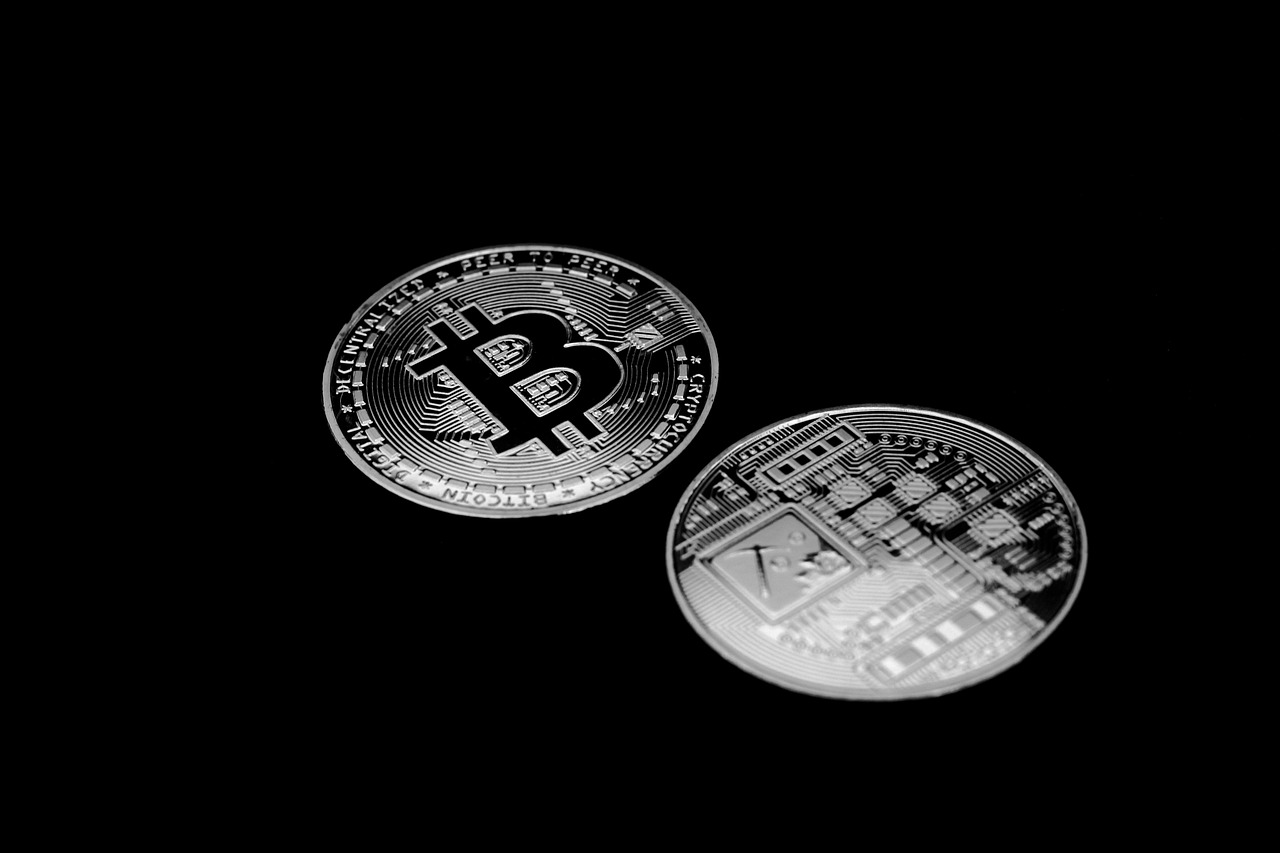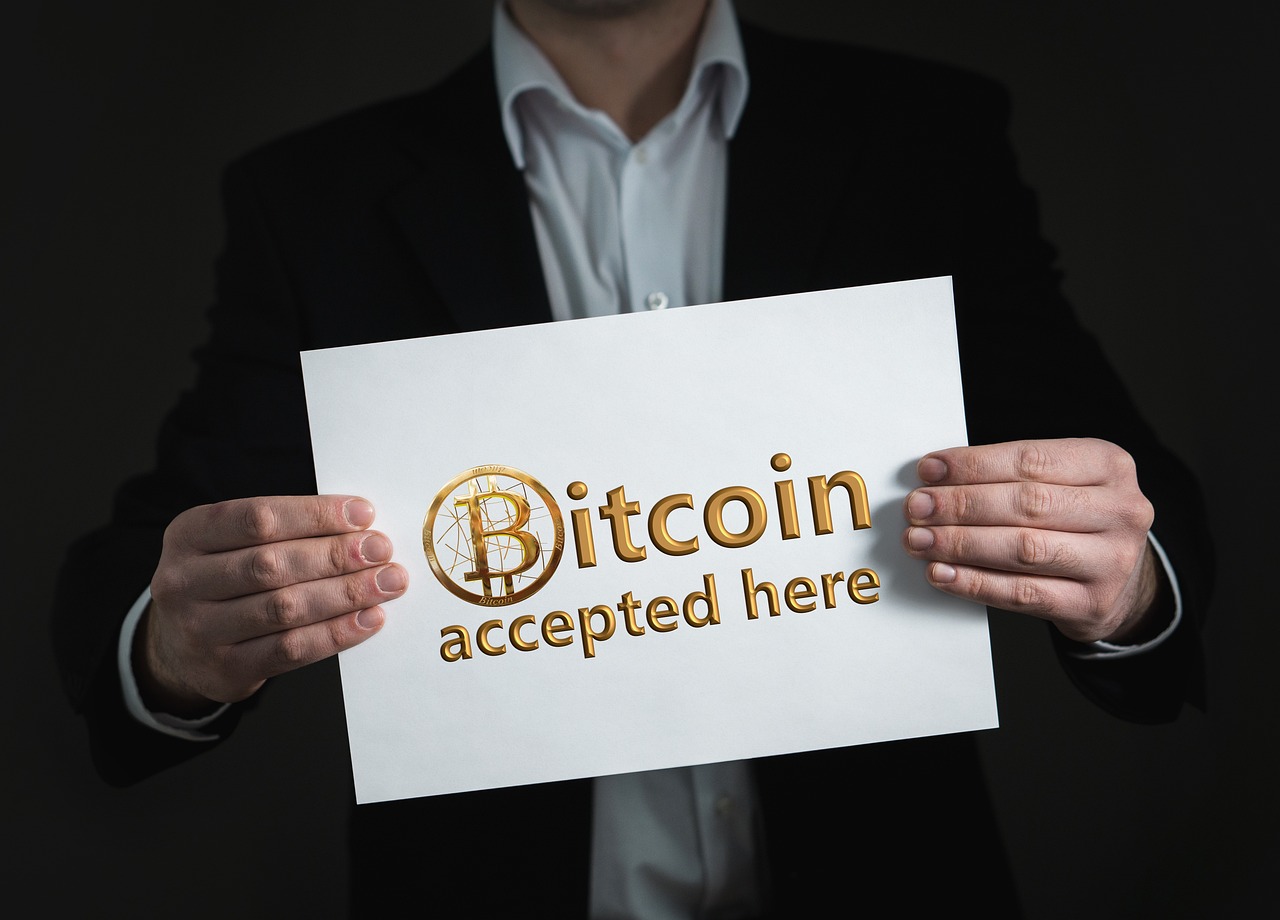The future of investing is constantly evolving, and one of the most exciting developments in recent years has been the rise of altcoins. These alternative cryptocurrencies have been gaining traction and are poised to become the next big thing in the investment landscape. But what exactly are altcoins and why should investors pay attention to them?
Altcoins, short for alternative coins, are cryptocurrencies that are not Bitcoin. While Bitcoin is the most well-known and widely used cryptocurrency, altcoins offer a diverse range of options for investors. There are thousands of altcoins available in the market, each with its own unique features and potential for growth.
One of the main benefits of investing in altcoins is diversification. By adding altcoins to their investment portfolio, investors can spread their risk across different cryptocurrencies and potentially increase their chances of earning higher returns. Altcoins also offer opportunities for early-stage investments, as many of these cryptocurrencies are still in their infancy and have the potential for significant growth.
Another advantage of altcoins is their potential for high returns. While Bitcoin has already experienced substantial growth, many altcoins are still relatively undervalued and have the potential for exponential gains. By investing in these alternative cryptocurrencies, investors can capitalize on the growth potential of emerging technologies and industries.
However, it is important to note that investing in altcoins also comes with its risks and challenges. The volatility of the cryptocurrency market is well-known, and altcoins can be even more volatile than Bitcoin. This means that their prices can fluctuate dramatically in a short period of time, which can result in significant gains or losses for investors.
Regulatory uncertainties are another challenge associated with altcoin investing. As the cryptocurrency market continues to evolve, governments around the world are still figuring out how to regulate these digital assets. This lack of clear regulations can create uncertainty and make it difficult for investors to navigate the market.
Furthermore, the presence of scams and fraudulent projects in the altcoin space is a significant risk. With the increasing popularity of cryptocurrencies, there has been a rise in fraudulent schemes and fake projects that aim to deceive investors. It is crucial for investors to conduct thorough research and due diligence before investing in any altcoin.
In conclusion, altcoins are the next big thing in the investment landscape. They offer diversification, potential for high returns, and opportunities for early-stage investments. However, investors should be aware of the risks and challenges associated with altcoin investing, such as volatility, regulatory uncertainties, and the presence of scams. By staying informed and conducting thorough research, investors can navigate the altcoin market and potentially capitalize on the future of investing.
The Basics of Altcoins
Altcoins, short for alternative cryptocurrencies, are digital currencies that are alternatives to Bitcoin. While Bitcoin is the most well-known and widely used cryptocurrency, altcoins offer a diverse range of options for investors. Unlike Bitcoin, which was the first cryptocurrency and operates on its own blockchain, altcoins are built on different blockchain platforms and offer unique features and functionalities. There are various types of altcoins available in the market. Some altcoins, like Ethereum, aim to provide a platform for the development of decentralized applications (DApps) and smart contracts. Others, such as Ripple, focus on facilitating fast and low-cost international money transfers. Litecoin, on the other hand, is often referred to as the silver to Bitcoin’s gold, offering faster transaction confirmation times and a different mining algorithm. Investing in altcoins can offer several advantages. One of the key benefits is diversification. By investing in a range of altcoins, investors can spread their risk and potentially benefit from different market trends. Additionally, altcoins have the potential for high returns. As they are often newer and less established than Bitcoin, there may be opportunities for significant growth. Early-stage investments in promising altcoins can yield substantial profits. However, altcoin investing also comes with its own set of risks and challenges. Volatility is a major concern in the cryptocurrency market, and altcoins are no exception. Prices can fluctuate dramatically, leading to potential losses for investors. Regulatory uncertainties are another challenge. As altcoins operate in a relatively new and evolving regulatory landscape, there may be uncertainties regarding their legal status and potential regulatory changes. Furthermore, the presence of scams and fraudulent projects is a risk that investors must be cautious of. The cryptocurrency market has seen its fair share of fraudulent schemes, with some altcoins being created solely to deceive investors. Conducting thorough research and due diligence is essential to avoid falling victim to such scams.In conclusion, altcoins offer investors a wide range of options beyond Bitcoin. Understanding the basics of altcoins, their differences from Bitcoin, and the various types available is crucial for anyone considering investing in these alternative cryptocurrencies. While altcoins present opportunities for diversification and high returns, investors must also be aware of the risks and challenges associated with this form of investment.
Benefits of Investing in Altcoins
Investing in altcoins offers several benefits that make them an attractive option for investors looking to diversify their portfolio and potentially earn high returns. Here are some of the key advantages of investing in altcoins:
- Diversification: Altcoins provide an opportunity to diversify your investment portfolio beyond traditional assets like stocks and bonds. By investing in a variety of cryptocurrencies, you can spread your risk and potentially benefit from different market trends.
- Potential for High Returns: Altcoins have the potential for significant price appreciation, especially in the early stages of their development. Many altcoins have experienced exponential growth, resulting in substantial returns for early investors.
- Opportunities for Early-Stage Investments: Investing in altcoins allows you to be part of the early stages of innovative projects and technologies. By identifying promising altcoins with strong fundamentals, you can position yourself for potential future success.
- Liquidity: Altcoins are traded on various cryptocurrency exchanges, providing liquidity and ease of buying and selling. This allows investors to enter and exit positions quickly, providing flexibility in managing their investments.
- Technological Advancements: Altcoins often introduce new technologies and features that can revolutionize industries. By investing in altcoins, you can participate in the growth and development of these technologies and potentially benefit from their adoption.
However, it is important to note that investing in altcoins also comes with its own set of risks and challenges. It is crucial to conduct thorough research, stay updated with market trends, and exercise caution when investing in these highly volatile assets. Understanding the risks and being prepared to navigate them is essential for successful altcoin investing.
Risks and Challenges of Altcoin Investing
Investing in altcoins comes with its fair share of risks and challenges that investors need to be aware of. While these alternative cryptocurrencies offer exciting opportunities, it is essential to understand the potential pitfalls that come along with them.
One of the primary risks of altcoin investing is the high volatility associated with these digital assets. Altcoin prices can fluctuate wildly within short periods, leading to significant gains or losses. This volatility can be attributed to several factors, including market speculation, regulatory changes, and technological advancements. It is crucial for investors to carefully analyze market trends and make informed decisions to mitigate potential losses.
Another challenge of altcoin investing is the regulatory uncertainties surrounding these cryptocurrencies. Unlike traditional financial markets, the regulatory framework for altcoins is still evolving. Governments and regulatory bodies worldwide are grappling with how to classify and regulate these digital assets. This lack of clear regulations can create uncertainty and increase the risk of investing in altcoins.
Furthermore, the presence of scams and fraudulent projects in the altcoin market poses a significant challenge for investors. The decentralized nature of cryptocurrencies makes it easier for scammers to create fraudulent altcoins and deceive unsuspecting investors. It is crucial for investors to conduct thorough research and due diligence before investing in any altcoin project to avoid falling victim to scams.
Additionally, altcoin investing requires a certain level of technical knowledge and understanding. Unlike traditional investments, altcoins operate on blockchain technology, which can be complex for novice investors. It is important to have a solid understanding of how blockchain technology works and the fundamentals of altcoins before diving into this market.
In conclusion, while altcoin investing offers exciting opportunities, it is essential to be aware of the risks and challenges associated with these alternative cryptocurrencies. Volatility, regulatory uncertainties, scams, and the need for technical knowledge are all factors that investors need to consider. By staying informed, conducting thorough research, and making informed decisions, investors can navigate the altcoin market and potentially reap the rewards it offers.







